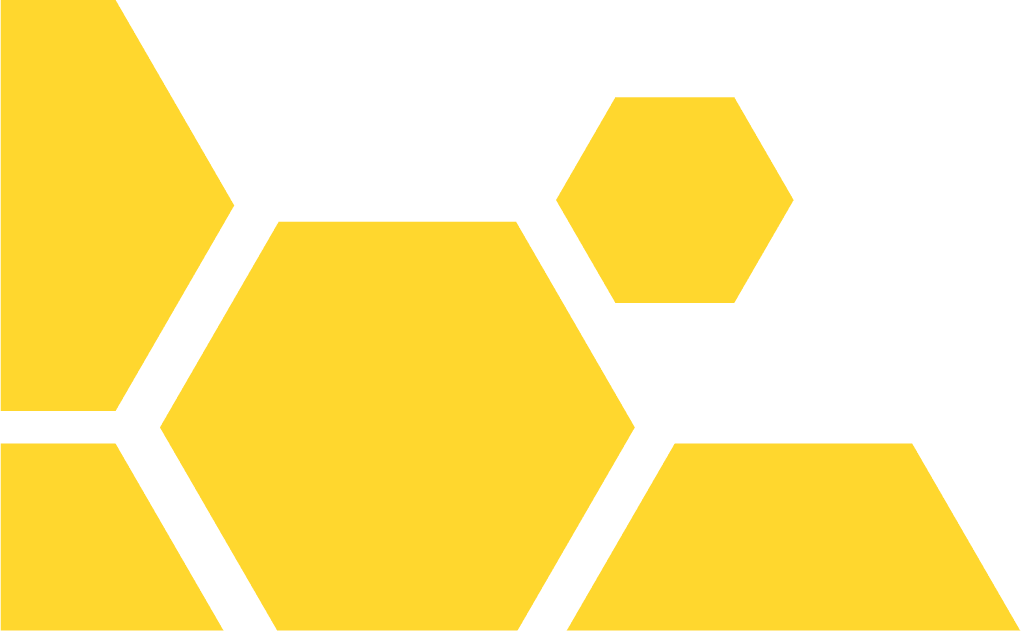How to create a low maintenance garden
February 20, 2024
Check out our new luxurious grass 'Oasis' / Check out our huge clearance sale on 2m width rolls, while stock lasts!
November 8, 2023

Before you replace your current lawn with artificial grass, your garden will need some preparation. If you’re having your artificial grass installed, some companies will complete the preparation and installation for you, however if you’re looking to save on installation costs you can prepare your garden yourself.
Keep reading to find out how to prepare your current grass for artificial grass installation.
Before your new artificial grass is put down, you need to remove any old natural grass turf. Depending on your lawn size you may be able to do this easily with a spade. If your lawn is on the bigger side we recommend a turf cutter to help speed up the process.
When removing the current turf and subsoil, dig the soil deep enough to be able to fit the height of your new artificial turf and until it is as level as possible.
Once your natural lawn has been removed make sure to remove any debris left behind, this could be weeds, rocks or small branches and twigs that have got caught in the soil. Make sure to also remove all grassroots as they often can be missed as they grow deep. You can also apply weed killer to ensure all weeds will be removed before continuing to prep your lawn.
Before artificial grass can be installed you need to ensure you have a level surface. Remove any lumps, bumps and stones from your garden that may cause your artificial grass to sit unevenly. An uneven surface will make installing your artificial grass harder, cause issues with drainage and even damage your artificial turf.
Once the ground is level we recommend using a wacker plate or heavy hammer, if you have a bigger garden we recommend hiring a roller.
The next step is to add the timber edges (if required). The timber edges are used to secure your artificial grass once it’s laid. For standard garden edges we recommend 1.9cm x 3.8cm (2” x 1”) and for flower bed edges we recommend 1.9cm x 9.7cm (4” x 1”) timber edges.
Once your timber edges have been installed, add your first base layer.
The base layer will assist with drainage and helps create a firm base for your new lawn. For your base layer we recommend using a crushed limescale base.
The base layer should be laid to at least 7cm thickness to allow for correct drainage. Ensuring you have effective drainage is important if you want your artificial lawn to look its best all year round
Once your timber edges and base layer are down, the next step is to add sharp sand or granite dust – these will act as the base for your artificial grass. For your artificial grass to lay correctly, the granite dust or sharp sand (depending on what you choose) needs to be as compacted, levelled and as smooth as possible.
This can be done using a hammer or wacker plate – if you have a bigger garden we recommend hiring a roller or vibrating plate. The granite dust/sharp sand should be laid to at least a 2cm thickness.
The final step before laying your new artificial grass is adding a protective layer. A protective layer is important to stop any weeds, flowers or other plants from growing up through your artificial grass – as this can damage it and make it look unsightly.
If you do have pets that will be using the artificial grass a protective layer may slightly slow down the draining process so instead of a protective layer you may opt for regular use of pet-friendly weed killer on your artificial grass instead.
Now your garden is prepped and ready to install your artificial grass. If you’re wondering how to install your artificial grass, read our blog or watch our video on our blog.
At BuzzGrass, we are artificial grass experts so if you’re interested in purchasing and installing artificial grass then please take a look at our artificial grass ranges.
Alternatively, if you have any questions get in touch with one of our friendly team members who can help pick the right grass and accessories for your project.
